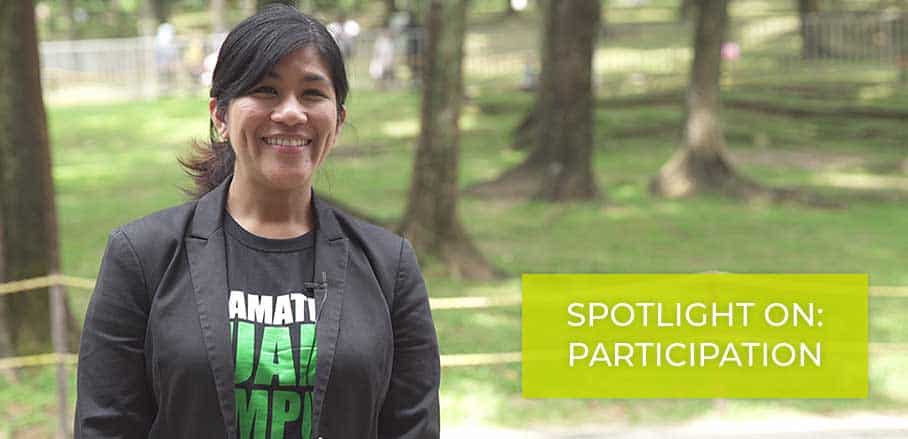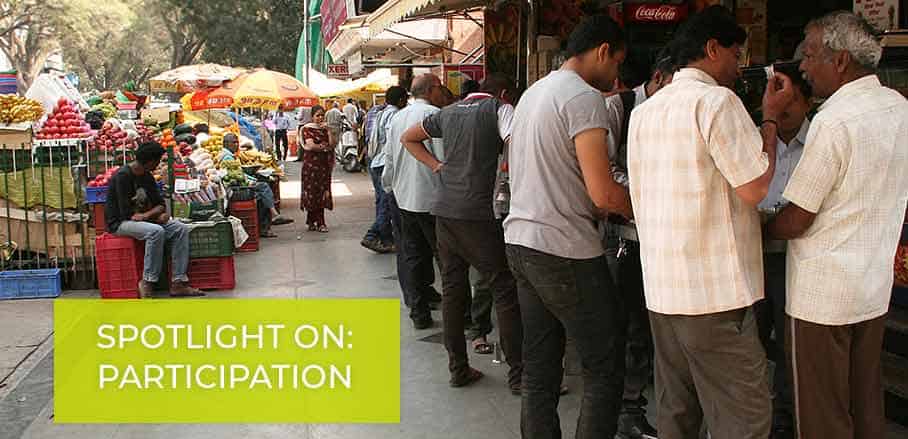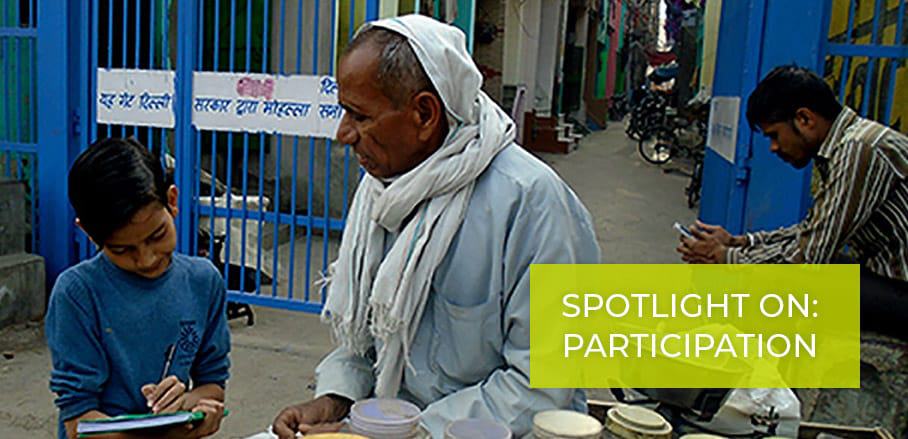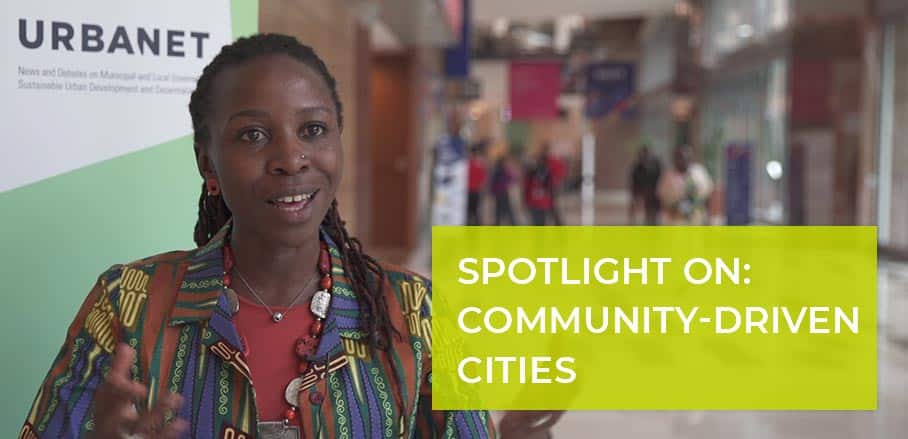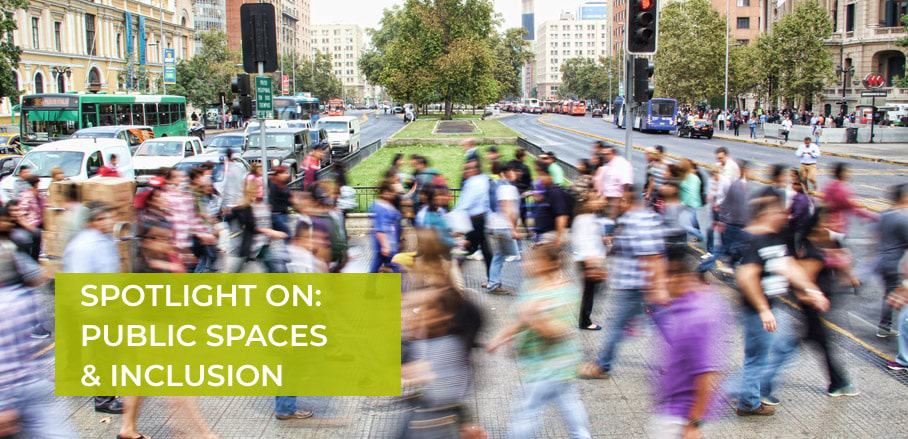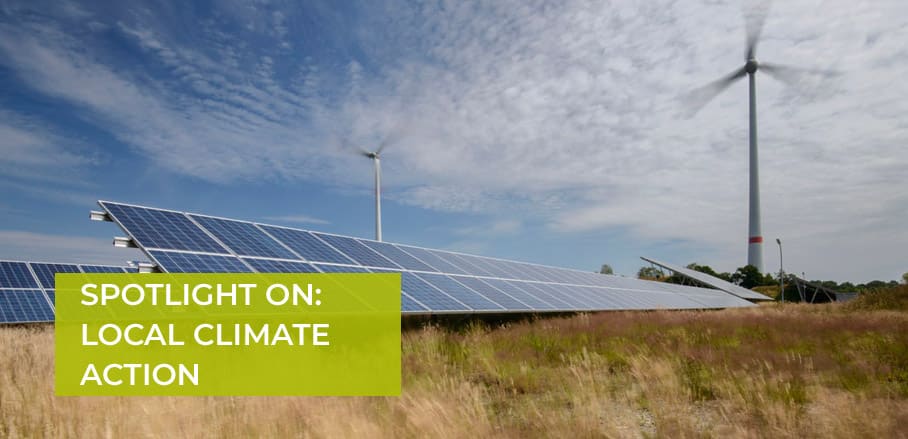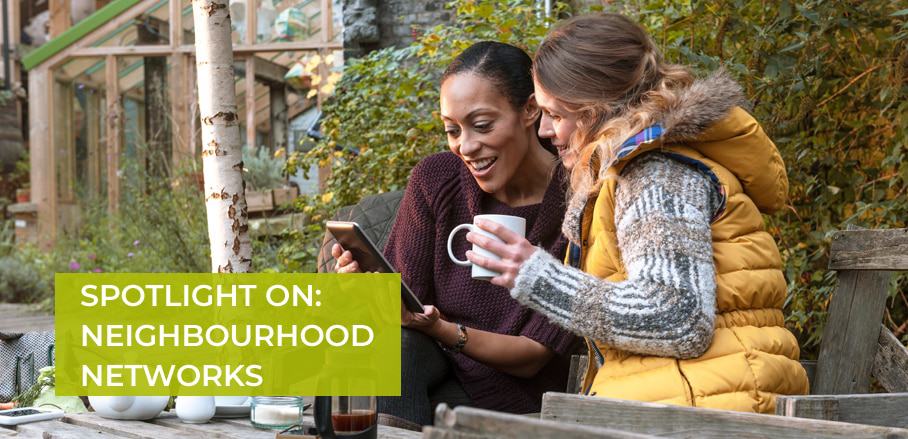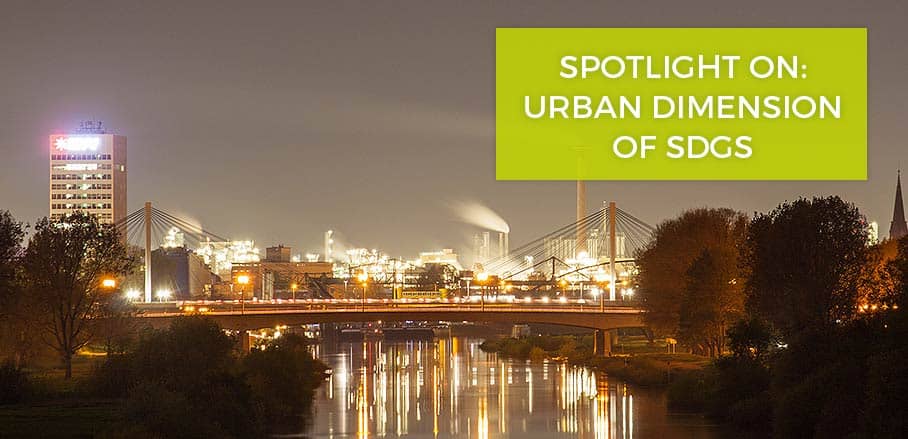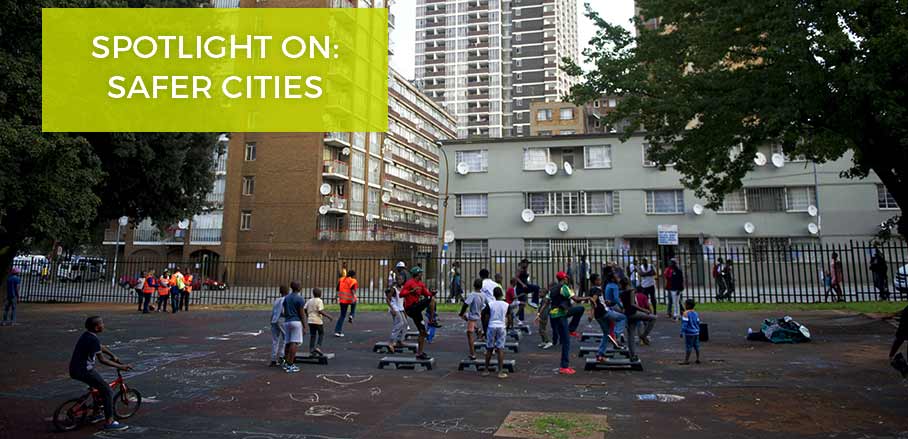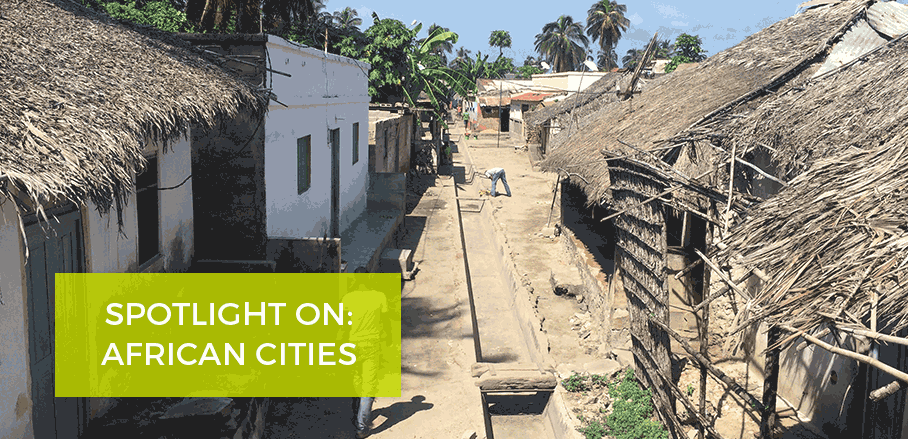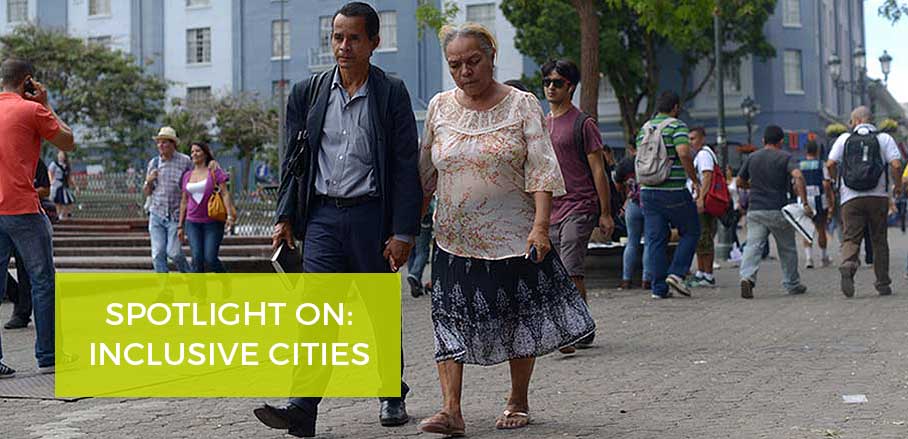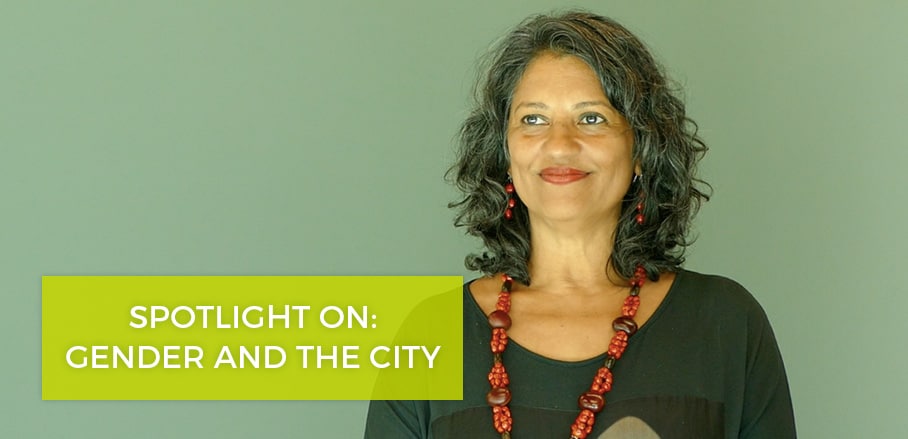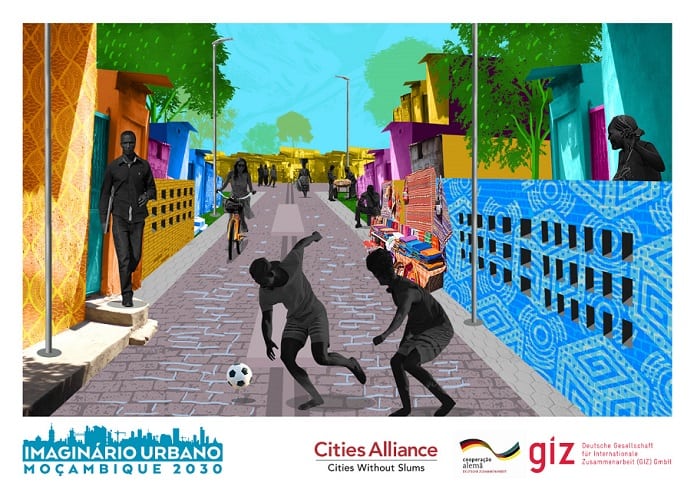“We need to be the changemakers in our cities”
URBANET interviewed Shadnaz Azizi, a SDSN Youth Local Pathway Fellow from Tehran, about urban activism in Iran. An urban thinker and advocate, Azizi is passionate about the “in-between spaces” operating between the public and political spheres to campaign for sustainable urban development. She calls for more recognition of the essential role of virtual communities and online platforms in realising sustainable urban development.

